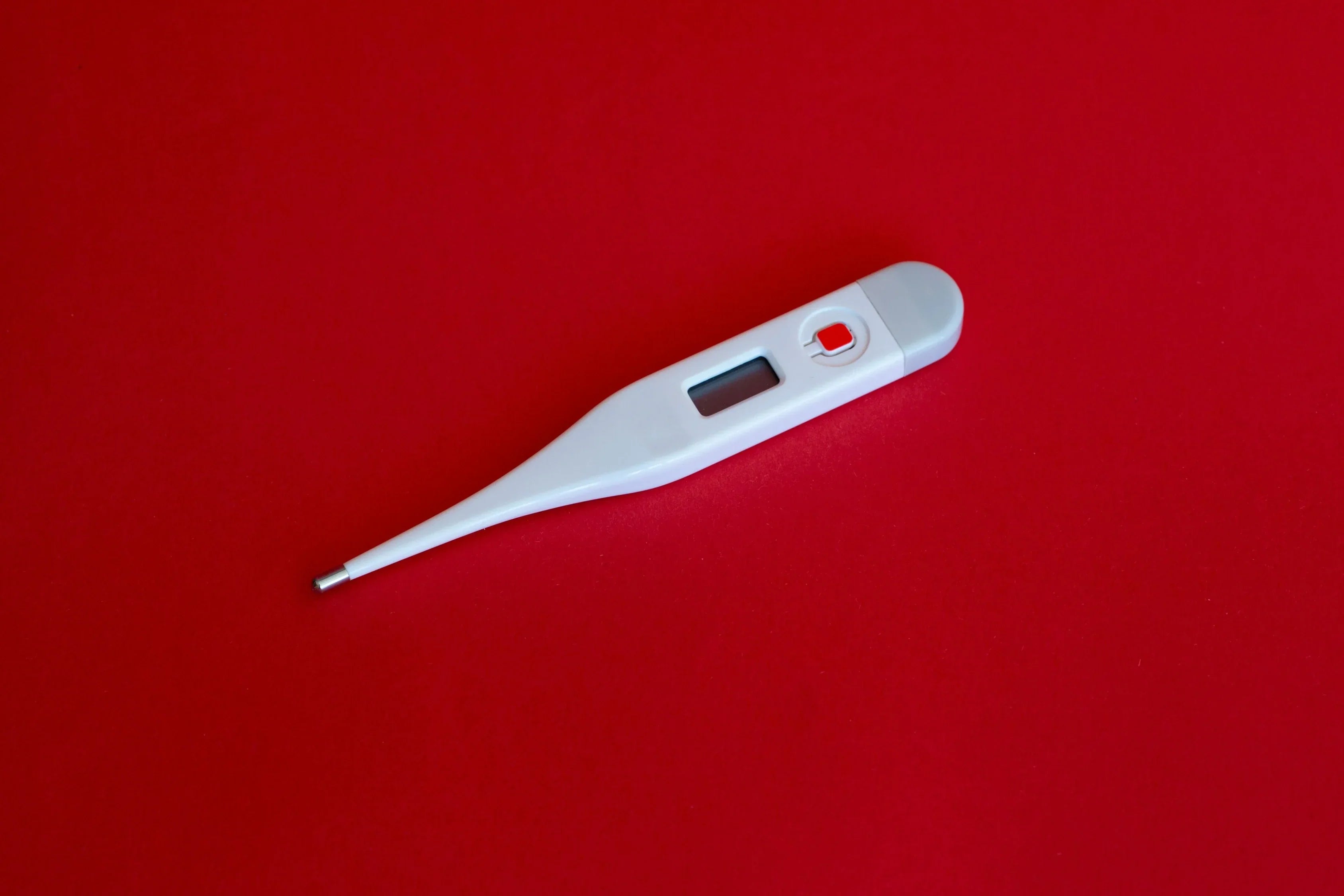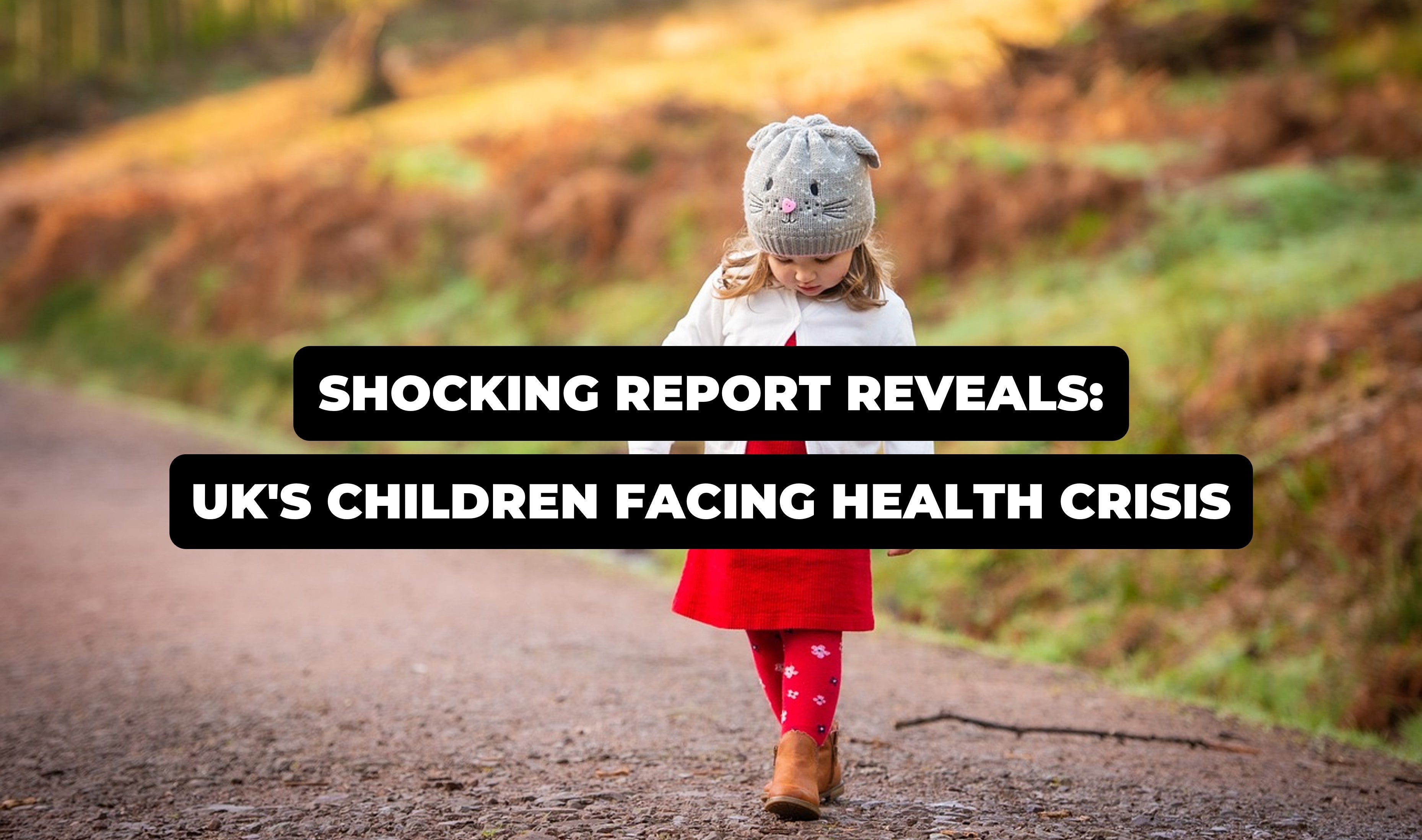In the midst of the 'gut-friendly' craze, it's not just a fleeting trend – it's a vital component of our overall well-being. Let's dive into the 'why' and explore the signs, the do's, and the don'ts to boost your gut health.
Why the Focus on Gut Health?
Recent scientific revelations spotlight the drawbacks of restrictive diets, prompting a shift toward a more inclusive approach. Rather than bidding farewell to beloved foods, we're welcoming gut-friendly ingredients for long-term health benefits.
Signs of Healthy vs. Unhealthy Gut:
Understanding the signals of a happy or struggling gut is essential. From regular digestion to stable energy levels and clear skin, your gut influences more than just your comfort after a meal.
Foods That Benefit Gut Health:
Discover the power of bone broth, pomegranate, and black beans in supporting a flourishing gut. These foods promote a robust gut lining, beneficial bacteria growth, and regulate bowel movements.
Foods to Avoid:
Steer clear of artificial sweeteners, fried foods, and processed meats – culprits that may negatively impact your gut microbiota and contribute to inflammation.
Why is Gut Health Important?
Imagine your gut as the bustling control centre of your body, influencing digestion, immunity, and mood regulation. It's not just about feeling good after a meal; it's the key to unlocking your body's full potential, from boundless energy to a resilient immune system and a better mood.
Do You Have a Healthy Gut?
Check if your gut is in good shape with signs like regular digestion, balanced appetite, minimal food sensitivities, stable mood, strong immunity, clear skin, optimal weight, steady energy levels, restful sleep, healthy nails and hair, good oral health, regular exercise tolerance, balanced stress response, stable blood sugar levels, and proper hormonal balance.
Nurturing your gut health isn't a one-size-fits-all journey; it's about discovering what makes your gut flourish and tailoring your lifestyle to support it.
Signs of an Unhealthy Gut
On the opposite end of the spectrum, what are the telltale signs of a not-so-healthy gut? Oftentimes, a malfunctioning gut sends distinct signals. Think: frequent digestive discomfort (i.e., bloating, gas, and irregular bowel movements). Additionally, unexplained weight fluctuations could be linked to poor gut health. For others, skin problems suggest an underlying gut issue—persistent acne, eczema, or rashes.
Constantly sick? Frequent infections or slow recovery could also point to an imbalanced gut. Furthermore, mood disruptions (chronic stress, anxiety, depression, etc.) might originate from an unhealthy gut-brain connection. Last but not least, intense sugar cravings and unhealthy food preferences could be signs of an out-of-balance gut microbiome.
If you experience these persistent symptoms, chat with your healthcare provider.
What are gut health wreckers?
If your gut microbiome isn’t where you want it to be, don’t fret. Between chatting with your healthcare provider and implementing our tips to improve gut health, you’ll be well on your way. That said, what are factors that can significantly disrupt your digestion?
Poor diet. A diet high in ultra-processed foods, sugar (especially artificial sweeteners), and trans fats, and low in fibre and fermented foods can negatively impact gut health. These things encourage harmful bacteria to grow, reducing the diversity of beneficial ones.
Antibiotics. While antibiotics are important for treating infections, overuse or misuse can kill off both harmful and beneficial bacteria in the gut, leading to imbalances.
Chronic infections. On the flip side, frequent or untreated infections can disturb the balance of the gut microbiome.
Chronic stress. Prolonged stress can alter the gut-brain communication, leading to inflammation and changes in gut motility and function.
Lack of sleep. Newborn stage aside, consistent sleep is key. After all, inadequate sleep can disrupt the gut microbiome, contributing to inflammation and other health issues.
Lack of physical activity: Sedentary lifestyles can negatively impact gut health by reducing microbial diversity and impairing digestion.
Excessive alcohol. Heavy alcohol consumption can damage the gut lining and alter the balance of gut bacteria. The same goes for smoking.
Environmental toxins. Exposure to pollutants and environmental toxins can affect gut health. They disrupt the microbiome’s delicate balance.
Uncontrolled diabetes. Poorly managed diabetes (as well as blood sugar levels) can alter gut health and contribute to gastrointestinal issues.






Leave a comment
All comments are moderated before being published.
This site is protected by hCaptcha and the hCaptcha Privacy Policy and Terms of Service apply.